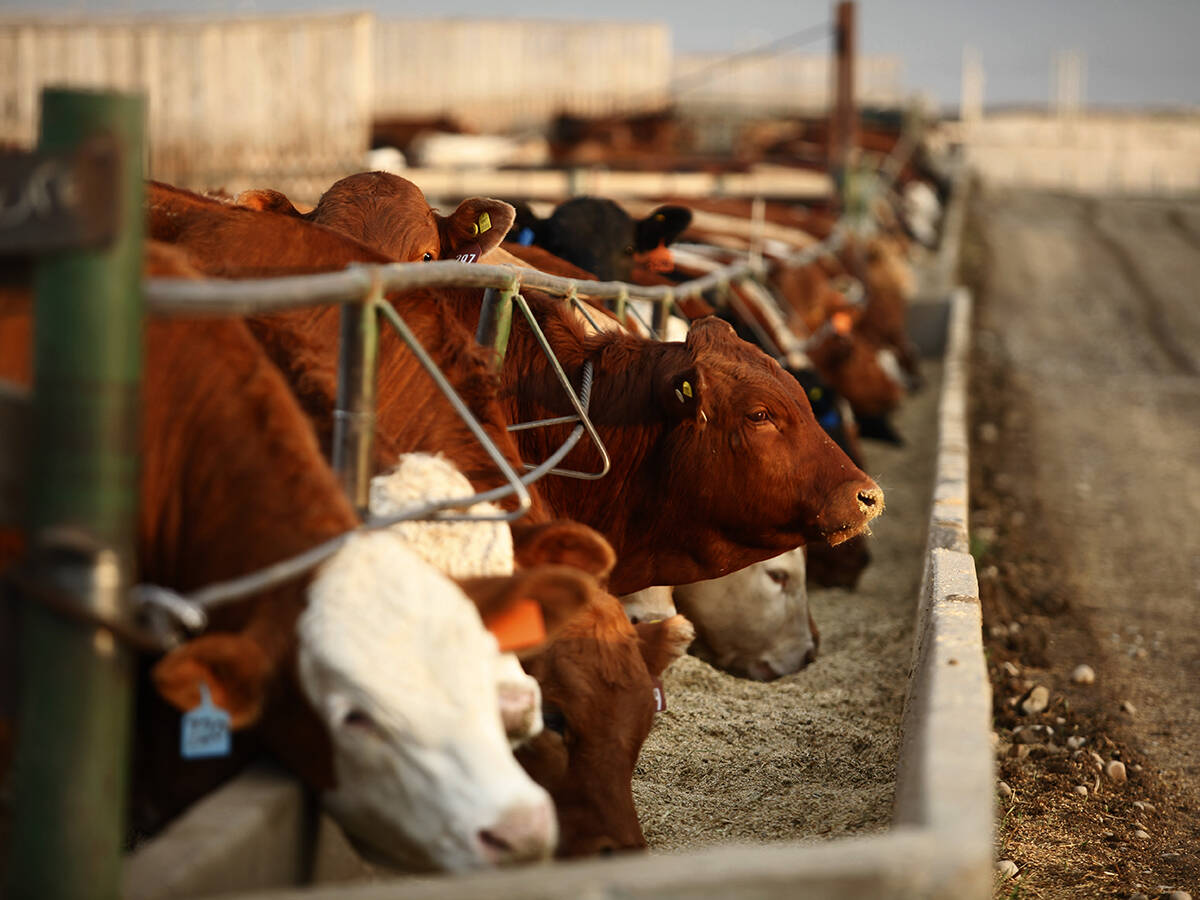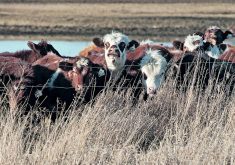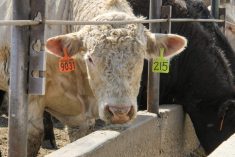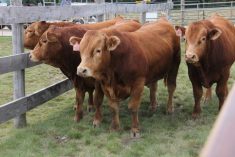Canadian dairy farmers whose feed rations include supplements made with palm byproducts are being asked to consider other options while consumer complaints over butter are probed more closely.
Dairy Farmers of Canada on Thursday asked its farmer members to “consider alternatives to palm supplements” pending the outcome of a review of “issues that have been raised by consumers.”
The review comes in the wake of what DFC on Feb. 11 described as “recent anecdotal reports regarding the hardness of butter.”
Among those, Dr. Sylvain Charlebois — director of the Agri-Food Analytics Lab at Halifax’s Dalhousie University and a columnist appearing in GFM publications — has taken to social media recently with a stack of consumers’ complaints alleging recently-purchased butter isn’t softening to a spreadable consistency at room temperature.
Read Also

U.S. livestock: Cattle futures drop Friday
Cattle futures on the Chicago Mercantile Exchange fell from nearby highs Friday, with profit-taking to end the week weighing on…
DFC on Feb. 11 said it was “aware” of those anecdotes and sector officials would work with experts to assess them further, but added it was “unclear whether these refer to imported or domestic butter.”
Furthermore, DFC said at that time, “there has been no recent data to show that the consistency of butter has changed, and we are not aware of any significant changes in dairy production or processing.”
Granted, “many different factors” can affect butter’s taste, texture and melting point of butter in subtle ways — factors including dairy cattle rations.
‘Not new’
Lactanet chief operations officer Daniel Lefebvre, in DFC’s release Feb. 11, said palmitic acid — the naturally dominant type of saturated fat in butter — normally fluctuates within “an expected range” on seasonal and regional variations in dairy cow diets.
That fluctuation, he said, “can influence the properties of the milk fat, which can affect the temperature at which butter will melt,” but he said “routine analyses of the fatty acid profile in milk do not indicate any increase in the proportion of palmitic acid in the past year beyond what would normally be expected.”
However, DFC on Feb. 19 announced it would set up a working group of “stakeholders and experts to assess current literature (and) gaps in data, and look into issues that have been raised by consumers.”
The organization’s move came as the discussion of palmitic acid content turned toward dairy farmers’ use of feed supplements with palm byproducts.
Palm products, DFC said, are sometimes added to rations in limited amounts to increase energy density in cow diets if needed. Dairy farmers in the U.S., U.K., New Zealand and Australia also use such products to “help provide energy to cows, and no undesirable effects have been identified arising from its use in cows’ feed rations.
DFC emphasized the use of palm fat in dairy feed “is not new and is a safe ingredient” approved by the Canadian Food Inspection Agency.
Palmitic acid, DFC said Feb. 19, is a naturally occurring part of the fat of many plants and animals in various levels and is “different from palm fat.”
When supplements of palm fats are fed to dairy cows in Canada, DFC said, the typical amount is small and the increase in the palmitic fatty acid profile of dairy fat linked to the feeding practice is “less than three per cent.”
‘You have questions’
By Thursday, however, DFC said its farmers “have listened attentively to the concerns expressed by consumers in recent weeks over the use of animal feed supplements containing palm byproducts” — and it asked farmers to consider alternatives pending the outcome of its review.
“It is essential that decisions be made on a factual basis and that science guide our sector, hence the creation of a working group of experts,” DFC said Thursday. It reiterated that “all milk produced in Canada is as safe as always to consume and is subject to Canada’s robust health and safety standards.”
Alberta Milk concurred, in a separate statement to consumers Thursday, saying that while supplements with palm byproducts are “used globally and (are) CFIA-certified… you have questions about how it may affect your butter.
“The most important thing to our farmers, and farmers across Canada, is ensuring that we meet or exceed your expectations.”
Les Producteurs de lait du Quebec (PLQ) went half a step further in a separate release Wednesday, calling on Quebec producers to stop using such products in their rations, and asking that food processors adjust their recipes accordingly.
The Quebec organization also demanded that governments and processors impose reciprocal standards on all imported dairy goods and ingredients.
That said, PLQ added it would closely follow any recommendations from the DFC working group on the matter and “adjust accordingly.”
Beyond the butter complaints, PLQ also acknowledged some consumers have separate concerns over the environmental impact of palm production.
PLQ emphasized that the ingredient used in dairy cow rations isn’t pure palm oil, but rather a byproduct — but it also called on the food processing sector to pay attention to the wide use of palm oil in foods. — Glacier FarmMedia Network











